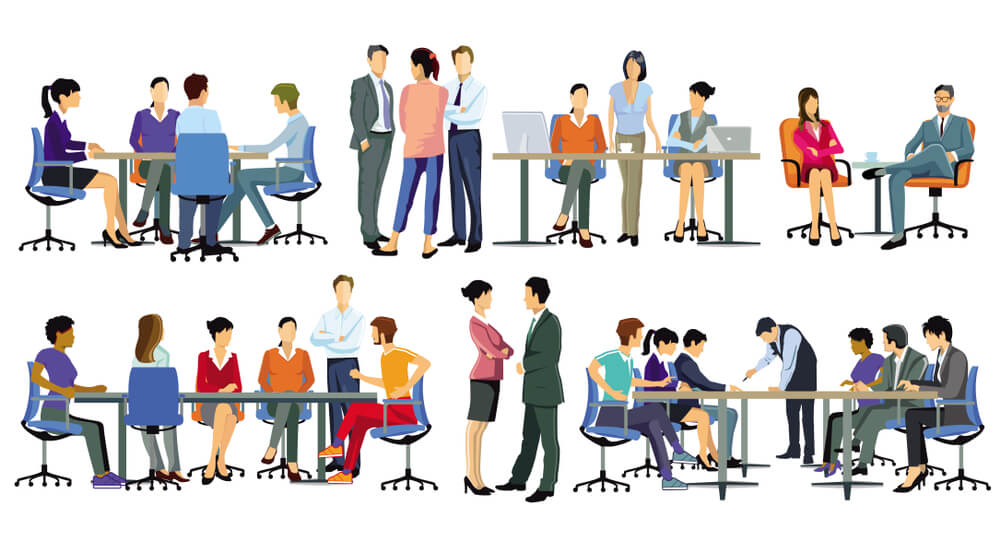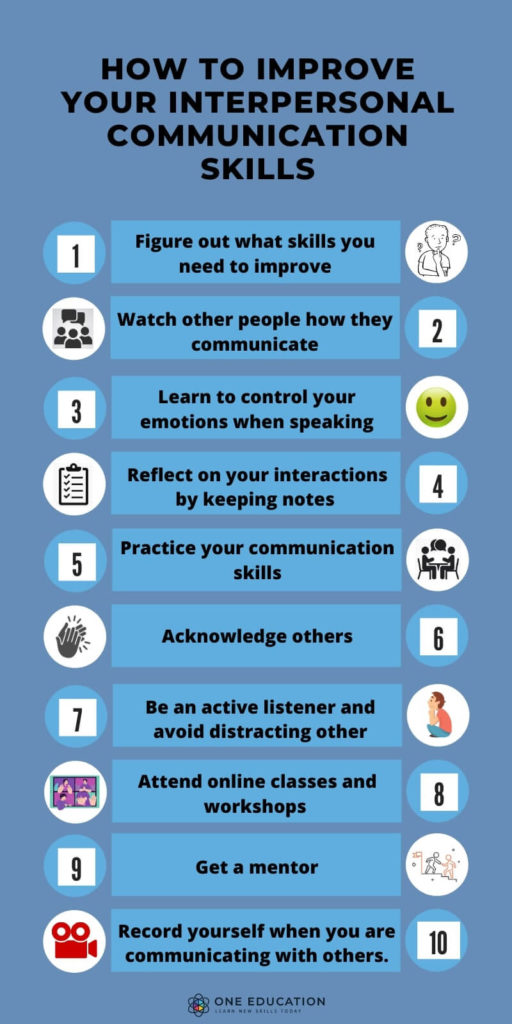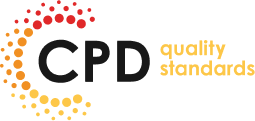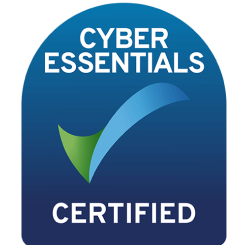FAQs
1. How to improve communication and interpersonal skills?
Improving communication and interpersonal skills involves active listening, understanding non-verbal cues, developing empathy, being clear and concise in expressing thoughts, and cultivating self-awareness.
2. How to improve and develop interpersonal communication skills?
Improving interpersonal communication skills involves active listening, empathy, clear expression, nonverbal cues awareness, seeking feedback, and consistent practice.
3. How to improve communication in a relationship?
Effective communication in a relationship is about listening, understanding, and expressing thoughts and feelings clearly. It involves building trust, being patient, and validating each other’s emotions, while also using positive nonverbal cues like eye contact and body language.
4. How to improve interpersonal skills in the workplace?
Enhancing workplace interpersonal skills means valuing communication, actively listening, and showing empathy to colleagues. It’s about fostering positive relationships, resolving conflicts, and adapting communication styles. By practicing effective communication, trust-building, and respect, individuals create a more collaborative work environment.
5. How can you make sure you give effective interpersonal communication?
Effective interpersonal communication involves active listening, understanding others’ perspectives, clear expression, empathy, and adaptability to nonverbal cues and different communication styles.
6. How to improve soft skills and communication skills?
Enhancing soft skills and communication involves practicing clear expression, active listening, and adapting to diverse situations. Seek learning opportunities and feedback for continual improvement. Cultivate positive relationships to excel personally and professionally.


![]() 14 minutes
14 minutes












































